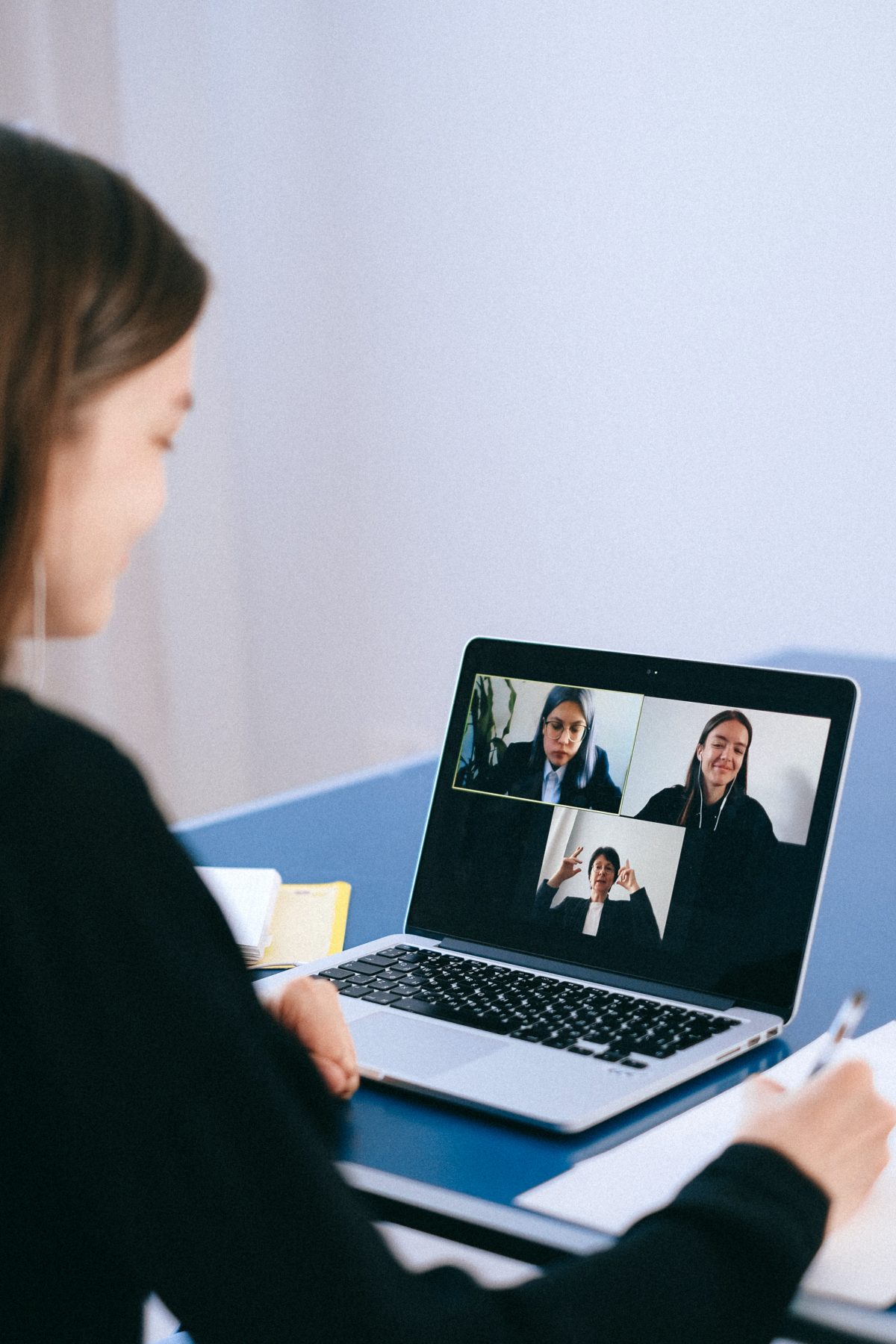Addiction Recovery Bulletin
Group therapy helps build up the strength necessary for recovery through the essential process of validation. Coping with addiction is unbelievably challenging — doing so without peers who can relate often feels incredibly isolating. Even though the temptation to use is likely to linger for the foreseeable future, knowing that other people share the same struggles, accomplishments, and goals grounds one’s recovery in reality. If another individual can identify with our mental hardships, it makes the feelings somehow more real. Seeing those who have maintained long-term sobriety continue to prioritize their recovery with mature life decisions provides hope for the future.
As we face a global pandemic, regular group meetings have been forced to move to virtual formats. Now, group meetings take place over video conferencing programs such as Zoom and Skype. Shifting to a digital meeting platform creates unique challenges and opportunities for those who are managing their sobriety. Fortunately, there are more resources popping up for recovery in quarantine, making the virtual landscape more accessible to guiding addiction recovery than ever before.
WON’T VIRTUAL MEETINGS BE…AWKWARD?
As most folks have learned at some point in 2020, video calls are very different from in-person meetings. Namely, they can feel awkward to sit in on. Aside from assured technical difficulties, the pacing of conversations requires some getting used to. Most virtual meetings resemble a “talking stick” mode of communication, where the speaking individual is given the floor until they have said their piece, followed by a potentially awkward moment of silence as participants gather their thoughts to make a verbal response.
However, most recovery group meetings already tend to follow this “talking stick” format naturally. Each group member is given an opportunity to share their story of recovery uninterrupted, with a moderator organizing who gets the floor. In this regard, group meetings such as Alcoholics or Narcotics Anonymous fit the limitations of a Zoom or Google Hangouts meeting much better than other types of meetings or gatherings.
Furthermore, virtual meetings offer greater accessibility for attendance. As important as the experience can be for recovery, physically traveling to a meeting can be enough to deter people from attending if they’ve had a long day or just want to enjoy the comfort of their own shelter. Virtual meetings, while they cause an increase in screen time, make it easier than ever to attend a group meeting. For a mental disease such as alcohol and/or substance use disorder, showing up for your own recovery makes a world of difference.
TUNE IN TO PODCASTS
Podcasts present a healthy and entertaining way to supplement sobriety efforts. With the widespread availability of recovery-centric audio content on the internet, empowering yourself to fight the urge to use can be as simple as tuning in. Streaming services such as Spotify, Apple Podcasts, and Soundcloud offer free libraries of podcasts geared towards developing healthy recovery strategies.
Podcasts allow those in recovery to transform life’s busy moments — washing the dishes, driving to or from work, working out — into opportunities to fortify independence from substance use. While it may feel like overkill, consider the alternative: allowing yourself to be distracted by negative thoughts during otherwise mindless tasks. While some prefer to keep these tasks devoid of external stimuli to stay present as a somewhat meditative exercise, others might find anxiety building during these times. It is worth it to consider how online resources can assist in additional efforts to commit to recovery.
PRIORITIZE YOUR RECOVERY
Expanding your habits is a great way to build upon pre-existing tactics that work for your recovery, in order to avoid growing tired of using these same tactics over and over. Online communities are also helpful for those seeking to share and connect with other recovering individuals. Forums within social media platforms offer a space to post during hardships and accomplishments, which can be particularly reassuring without the social aspects of meetings we enjoyed prior to COVID-19.
Although online resources may not provide the same catharsis as in-person interactions, they can bridge the gap to much-needed validation during social gathering restrictions — and this helps prioritize our recovery. Make weekly appointments to empower your recovery online or as an individual. Setting aside time to check-in reinforces the importance of the mindful practices required to stay available and open to leading a sober lifestyle.
Zooming Through Recovery first appeared on WisHope.org

